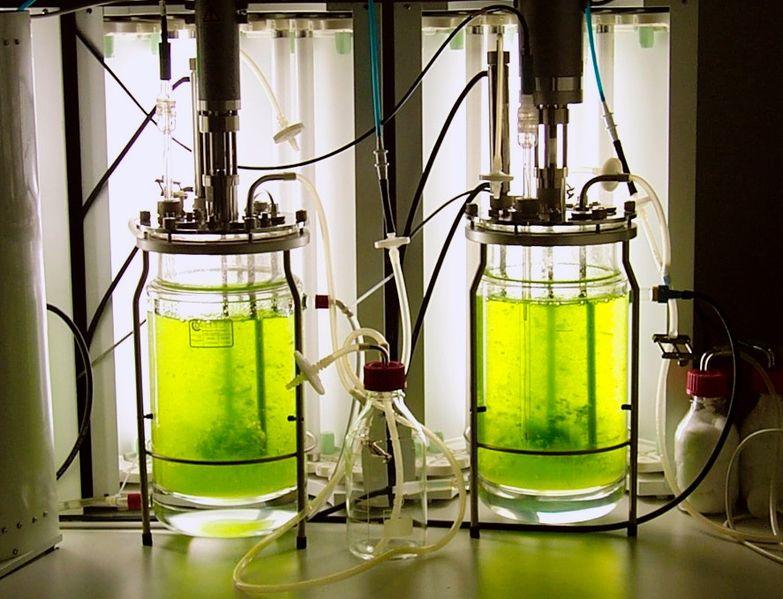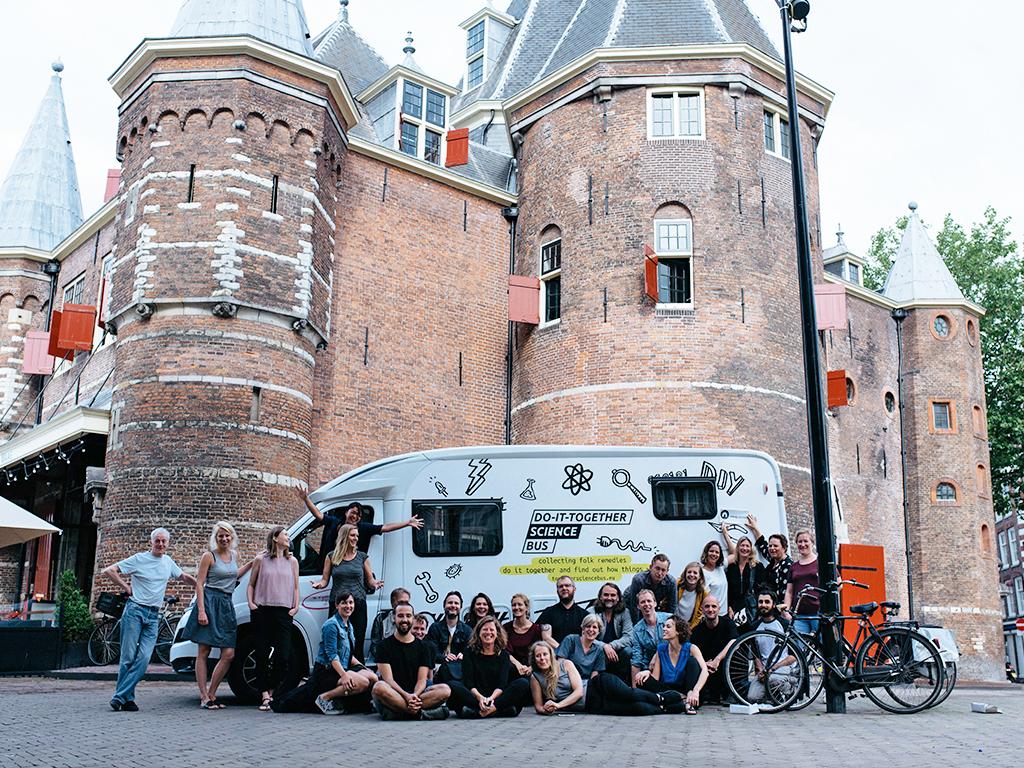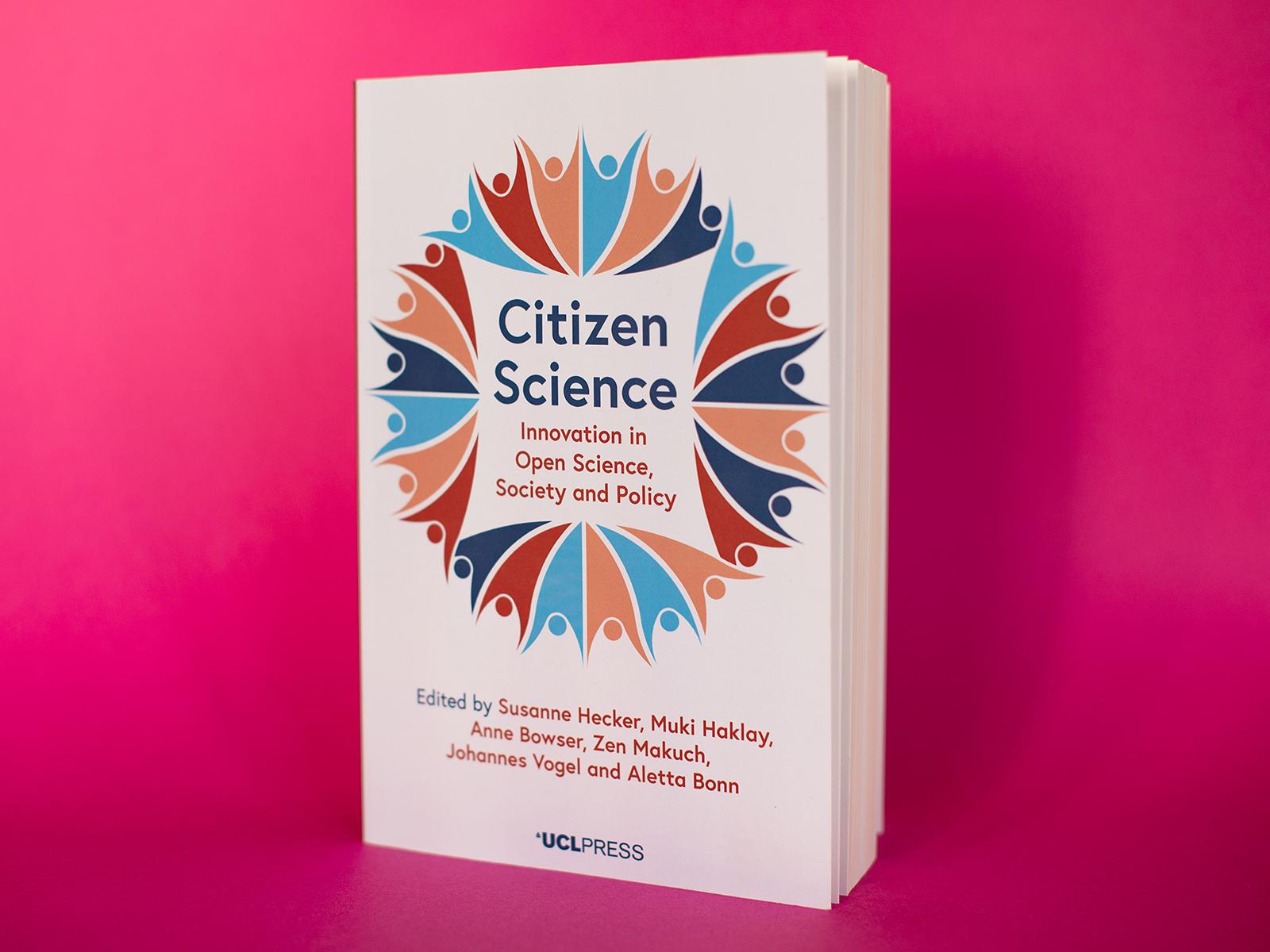Algae are the organisms of the future! Useful as pigment for the currently still polluting textile industry, as biofuel and additionally, also an important food source! It’s time to take action! Come build an algae reactor and and contribute to a better world.
Textile dyeing
The textile industry is the second most polluting industry in the world. By making use of less chemical substances and processes this industry can become a lot cleaner. Algae may provide a solution by using its pigments for the dyeing of yarn and fabrics.
Fuel
Nowadays (almost) everyone knows that fossil fuels are not our future. Unfortunately, the alternatives are still obscure. Additional to the use of solar and wind energy, algae might be the answer (also see this book).
Food
For a long time in our western society, we do not know the food sources of the food in our supermarkets. Because the production chain is so long and complicated, even the final manufacturer does not know where its raw materials come from. You could choose to buy food having quality hallmarks, however, the overcrowd of unregulated labels makes this futile.
Additionally, regulations and laws can be circumnavigated by fabricating and selling the semi-manufactured goods and the final product in different countries with distinct legislations. Also, if a substance is within regulations, that does not mean it is absent.
Finally, in one half of the world people die because they eat too much food, while the other half dies because of having no food. Our western diet is not balanced and especially the high meat consumption is the cause of food inequality and high carbon emissions. More than enough reasons to take action!
During this 2-day workshop you will on the first day build an algae reactor in small groups with low-cost DIY materials. Prior to that Peter Mooij will tell you why those tiny organisms are our heroes of the (near) future.
During the second evening you will have a look whether the microalgae have multiplied and you will learn how to determine the quality of your algae using a microscope and spectrophotometer. More information about algae can be found here.
Dates and times
- First day: 1 July 2017 from 10.00 – 15.00 hrs
- Second day: 11 July from 19.00 – 21.00 hrs (doors open at 18.00 hrs, bring your own food)
This workshop takes place at the first floor of the Waag. The entrance is € 35,- per person, this includes materials. Entrance at the door is € 37,50 (as long as there are places available, pay with PIN). Maximum number of participants is 30.
This workshop is made possible by the European project 'Doing It Together Science'.
This project has received funding from the European Union’s Horizon 2020 research and innovation programme under grant agreement no. 709443.


